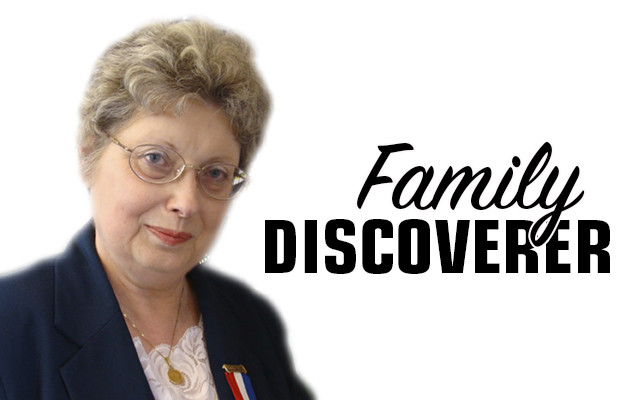
Delicate secrets
By Nancy Battick
One thing most genealogists will encounter in their research is what Victorians would refer to as a “delicate matter.” These are family secrets hidden because they were regarded as disgraceful years ago.
A typical example is a child born too soon after the wedding and referred to as “premature.” As a child, I heard women gossiping that the first child came anytime, but the others all took nine months. Today no one would care, but it was a significant issue years ago and could bring social disgrace.
Another delicate matter was a child born out of wedlock. The mother was known but the father’s identity was the subject of speculation, especially in small towns where everyone knew everyone’s business. Today’s world is different, but years ago a child born out of wedlock could find life cruel.
Another delicate issue you may stumble across in your research is suicide. Suicide is a painful matter shattering family and friends. In the past, depression wasn’t understood and suicide remained a crime. If you died, it was a disgrace to the family. If you survived, you could be prosecuted for trying to kill yourself. To modern eyes this seems barbaric. Sometimes death certificates will spare the family pain by ruling the suicide as accidental as in “accidental gunshot wound.”
Other so-called matters include the discovery of an unknown half-sibling through DNA results. This can be a great shock. I have a genealogist friend who has discovered a bigamous ancestor who had more than one family. Men who traveled for prolonged periods such as seafarers were often thought to have more than one family in more than one port.
Rape was another delicate matter. Years ago, a raped woman sometimes found it difficult to marry, as men believed raped women were stigmatized or no longer respectable. Most women never reported the crime due to what they feared would happen. Unless the rape was reported, you may only hear rumors or find a reference in a letter or diary.
The above are all examples of some of the secrets you may uncover one way or another when you’re working on your family research. The question is how do you manage them? Some genealogists share the opinion that these should remain hidden. Others regard these types of long-buried secrets as part of the life story of the family and don’t hesitate to list information about them in their family trees.
Each genealogist has a personal decision to make. I personally don’t mind if a child was born less than nine months prior to a wedding or whether there was a wedding at all. I feel compassion for anyone who might have committed suicide and usually just list the cause of death that appears on a death certificate. In the matter of rape, I would never note this if the victim was alive, or because it might cause pain to any descendants.
When you face how to note a delicate matter, I advise a kind hand and common sense.
Columnist Nancy Battick of Dover-Foxcroft has researched genealogy for over 30 years. She is past president of the Maine Genealogical Society, author of several genealogical articles and co-transcribed the Vital Records of Dover-Foxcroft. Nancy holds an MA in History from UM and lives in DF with her husband, Jack, another avid genealogist. Reader emails are welcome at nbattick@roadrunner.com.